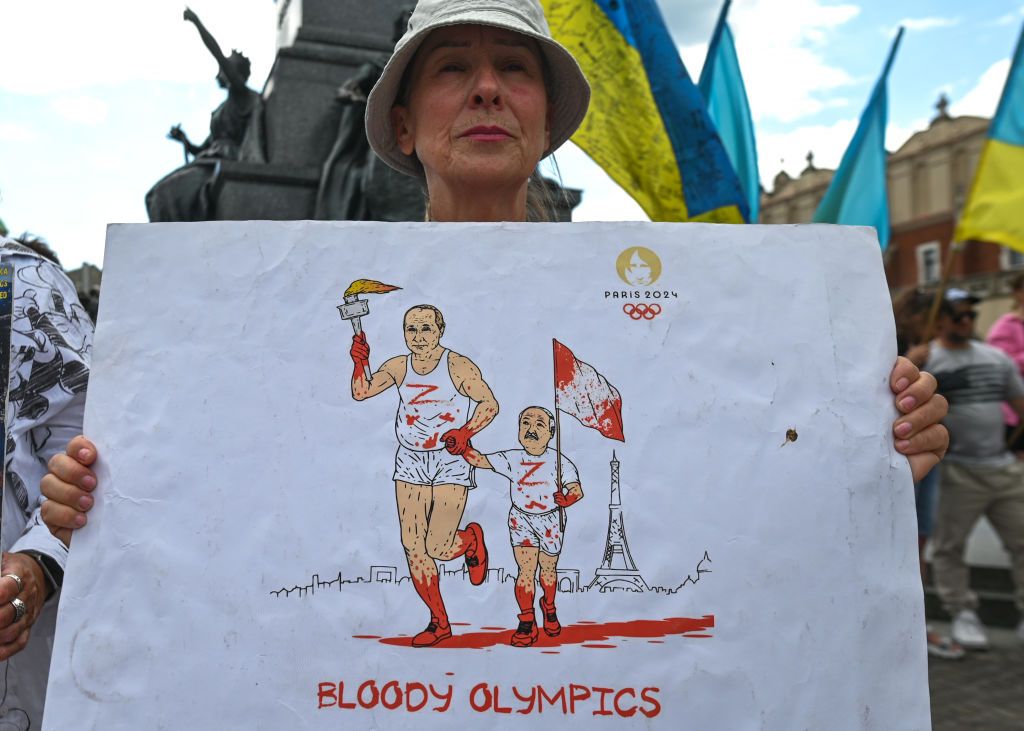Russia stripped of 2022 Olympics gold medal for team figure skating after Valieva ban

The International Skating Union (ISU) dismissed on Jan. 30 the results of Russian figure skater Kamila Valieva from her team's total score at the 2022 Winter Olympics, stripping it of the gold medal and declaring the U.S. the winner.
A day before, Valieva was found guilty of an anti-doping violation and banned from competition for four years, effective from December 2021. The decision made by Switzerland's Court of Arbitration for Sport (CAS) also strips Valieva of any titles and awards received after that date.
At the 2022 Winter Olympics in Beijing, then-15-year-old Valieva dominated headlines, becoming the first woman to complete a quadruple jump and leading her country's team to gold.
A day later, news emerged that she had tested positive for trimetazidine, a heart medicine that can boost stamina, at the Russian national championships weeks before the Games. The medal ceremony was postponed until the CAS decision on Valieva's doping case.
According to the reevaluated results of the Olympics figure skating event, the U.S. team ranked first, followed by Japan and Russia. The Russian Olympic Committee said it would appeal the decision to strip Russia of gold.
Canada, who finished fourth at the 2022 Games, also reportedly said it is considering appealing the ISU decision as it had assumed it would be awarded bronze after Valieva's marks were erased.
Valieva was also stripped of her gold at the 2022 European Figure Skating Championships, according to the ISU.
"The ISU welcomes the decision of CAS and firmly maintains its position that the protection of clean athletes and the fight against doping are of the highest priority and will persist in the ongoing effort to uphold the integrity of fair competition and the well-being of athletes," the union said in a statement.
Valieva claimed that she had accidentally taken trimetazidine prescribed for her grandfather. Russia's anti-doping body had cleared her of any wrongdoing, citing her minor age when the sample was taken, with the CAS arguing that "there is no basis under the rules to treat them (minors) any differently from an adult athlete."
The ban imposed by the CAS will end in 2025, which means Valieva will be able to compete at the next Winter Olympics in 2026.













